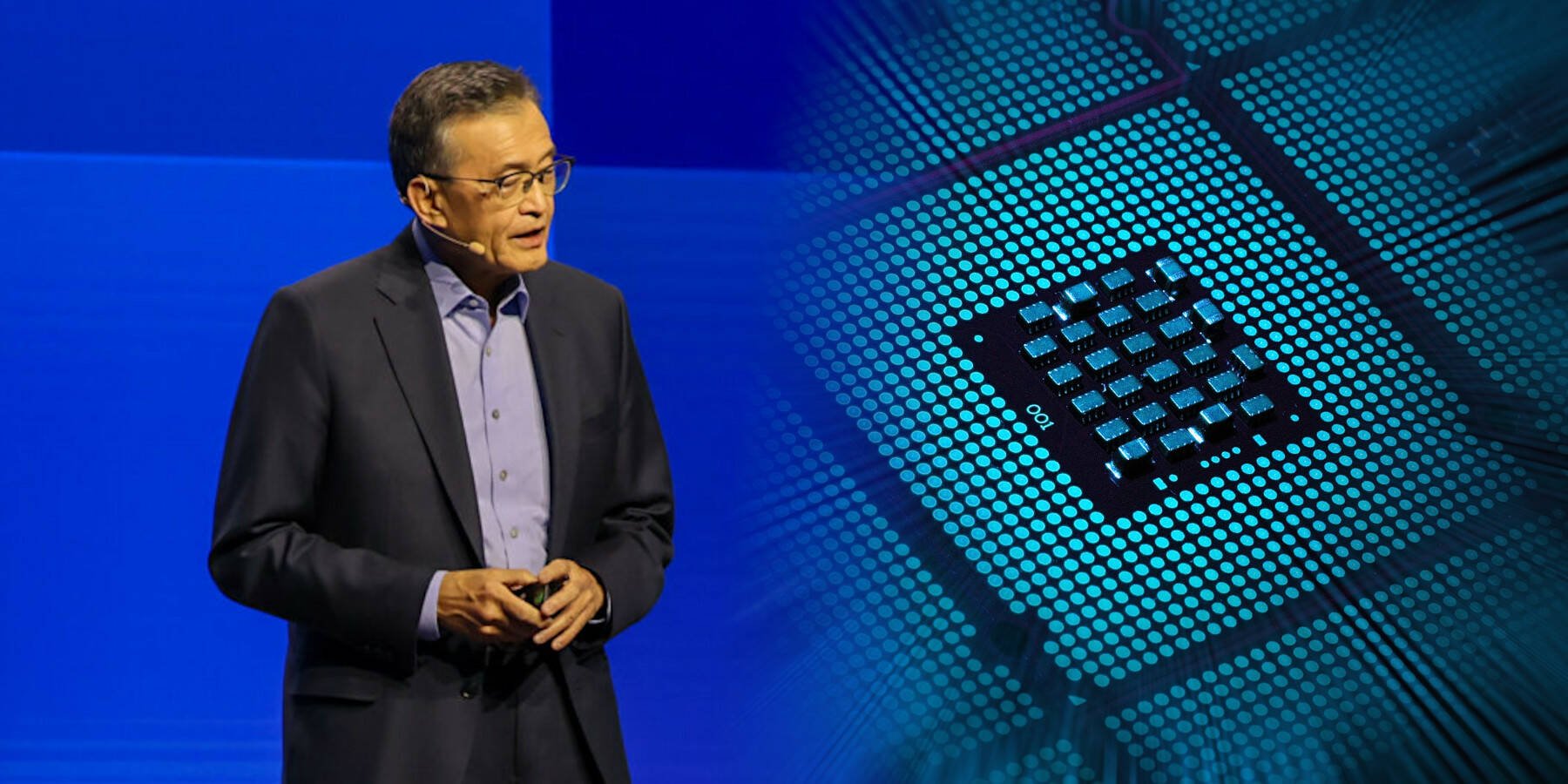
Intel's newly appointed CEO Lip-Bu Tan has used his first major speech to admit the x86 goliath needs to shape up, and sketched out plans to turn things around. "It has been a tough period for quite a long time for Intel," Tan said in his keynote at the Intel Vision conference on Monday afternoon. "We fell behind on innovation.
As a result, we have been too slow to adapt and to meet your needs. You deserve better, and we need to improve." Tan also addressed the poor state of Intel's AI accelerator lineup, competition for its Products business (which creates chip designs), and the mounting losses accrued at its fledgling Foundry wing.

"My number one priority since my first day on the job, has been spending time with customers," he said. "It is very clear from the early conversation, we have a lot of hard work ahead." Put it on a slide and you never know, it might come true .
.. Lip Bu Tan at Intel Vision 2025, talking up "establishing a world-class foundry" .
.. Source: Intel While Tan highlighted the opportunity for CPU-based AI inferencing at the edge – a concept we've explored previously.
He expressed disappointment regarding Chipzilla's broader datacenter AI portfolio, which is seldom mentioned as a serious contender to products from Nvidia and even AMD. Intel has admitted sales of its Gaudi accelerators did not achieve a $500 million revenue target, and scrapped its next-gen GPU architecture to focus on a rack-scale system to compete with Nvidia's NVL72 systems. I'm not happy .
.. I know that you are not happy either "I'm not happy with our current position.
I know that you are not happy either. I have heard the feedback loud and clear. It's time to turn a new page," the new CEO said, promising to deliver a competitive AI platform, while emphasizing that it "won't happen overnight.
" If Tan has his way, Intel’s future systems will outperform rival products, sell for less, and use less energy. If he delivers on the last point, it will be welcome news for datacenter operators still trying to wrap their mind around Nvidia's plan for 600kW rack systems due out at the end of 2027. Tan also addressed growing competition from rival chip designers which, combined with Intel failing to meet its own timelines for new products, threaten Intel’s long dominant desktop and server processors.
"We must deliver great quality, on time delivery without exception, and we have to have a culture of first-time pass and we're not there," he said. "My motto is very simple: Under-promise and over-deliver. That has been my trademark," Tan added.
Intel's Product division has suffered a number of embarrassing delays and cancellations in recent years. The 4th-Gen Xeon Scalable processors, codenamed Sapphire Rapids, arrived nearly two years late. That delay meant AMD’s Epyc processors were the first x86-based CPUs to support DDR5, PCIe 5.
0, and CXL in late 2022 — a full two months before Sapphire Rapids finally made its debut. In the client market, Apple’s processors can outperform Intel’s, while Qualcomm was Microsoft’s sole partner at the launch of the Copilot+ PC. Tan talked up the forthcoming launch of Intel's Panther Lake client CPUs, which will see Intel build its own chips after using TSMC to manufacture its previous generation of PC processors.
"As we strengthen our Intel products, we are equally committed to build a great foundry," he said. Tan didn't go into specifics about plans for Intel’s chip-making operation, promising more detail at Intel's Foundry Direct Event next month. He did mention plans to scale the business, put the "right people in the right place," and improve efficiency.
The new CEO also expressed his desire for Intel to return to its roots as an engineering-first company, a change he thinks can be achieved by fostering a "startup" culture obsessed with serving its customers. "Please be brutally honest with us," he said, arguing that Intel needs to do a better job of working with customers to design products that address their needs. Tan also said he thinks Intel should pursue growth opportunities in fields such as robotics, photonics, and quantum computing.
The latter two are areas where Intel already has investments. Last year, the US super-corp detailed its progress on a silicon-based quantum processor based on spin qubits, a technology the company believes can be mass-produced. Despite the perception that quantum computing is forever ten years away, Tan believes the tech is much closer to reality.
Interestingly, Tan is a director of photonics startup Celestial AI, an outfit that aims to replace electronic interconnects with optical networks to speed up large AI systems. Our friends at The Next Platform explored the biz last year. I won't be satisfied until we consistently deliver our promise, on time, on quality Intel has dabbled in silicon photonics tech for years and last year demonstrated an optical chiplet co-packaged alongside a CPU.
Tan told his audience to "stay tuned" for news of Intel’s robotics plans. The approach Tan outlined in his speech isn't far off the one he took as CEO of semiconductor and electronics design software giant Cadence Systems. "We are here to serve you and earn your trust.
I won't be happy and satisfied until we consistently deliver our promise, on time, on quality, to exceed your expectation," he told Intel’s event. ®.















